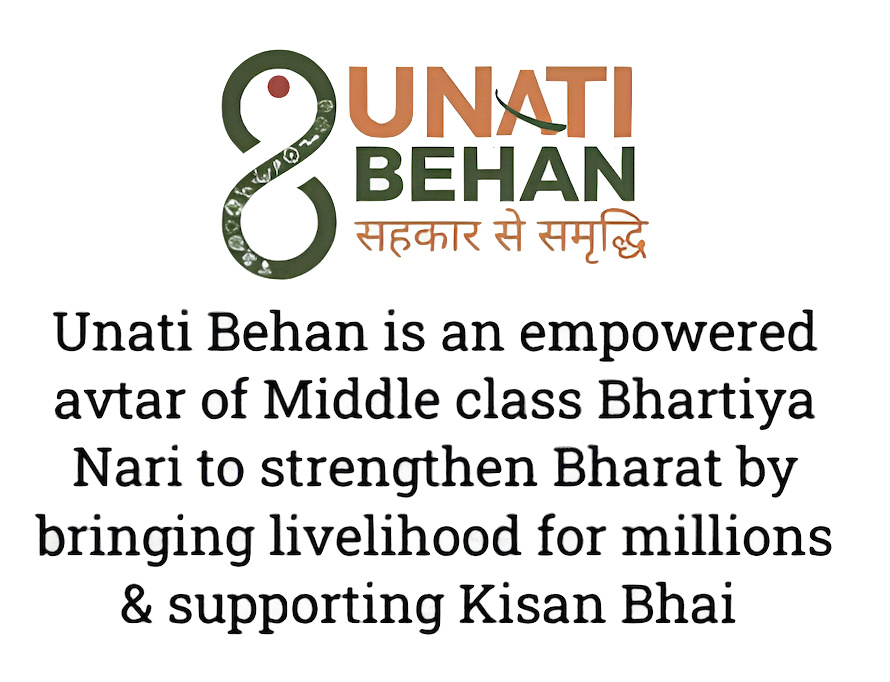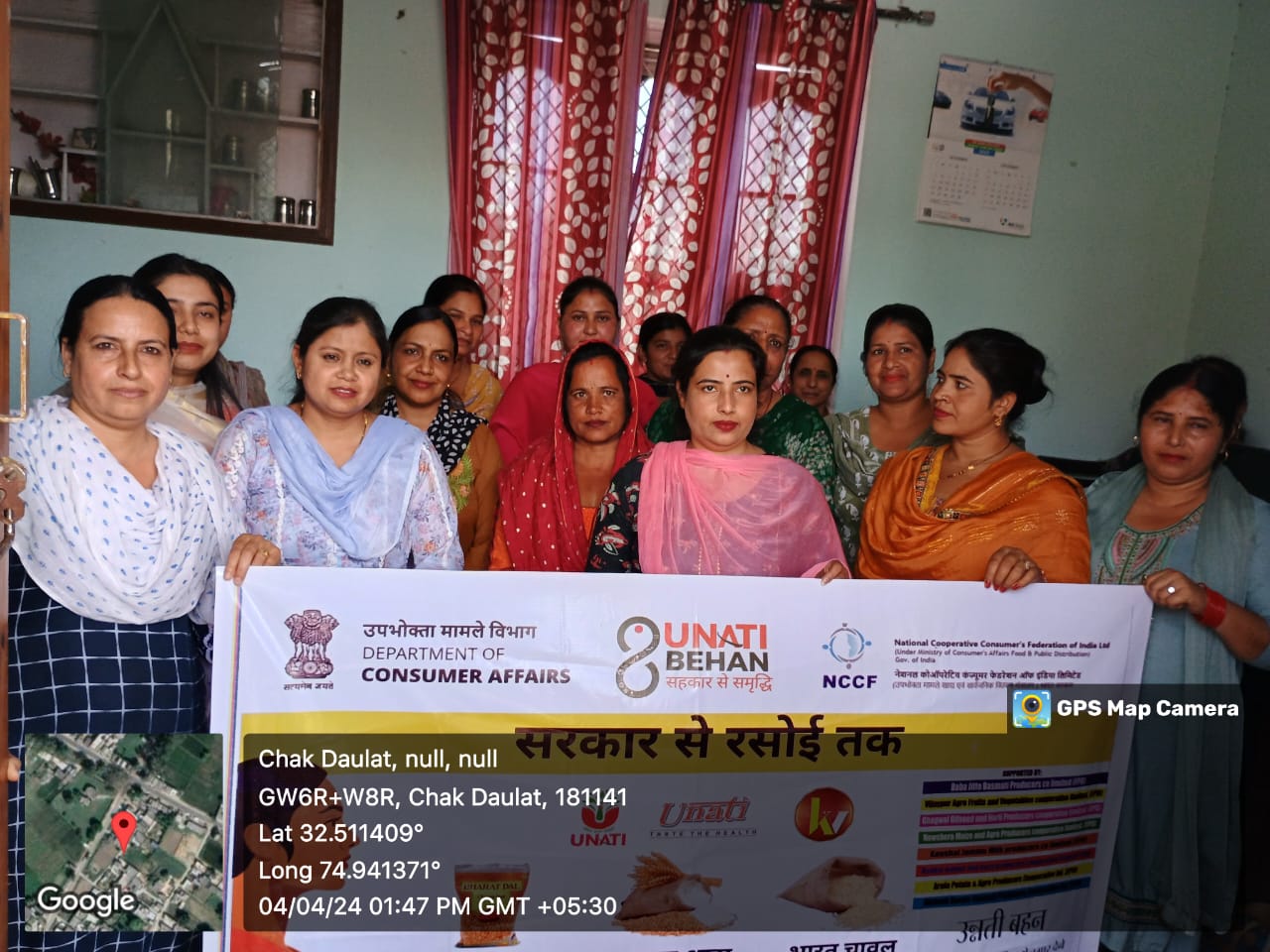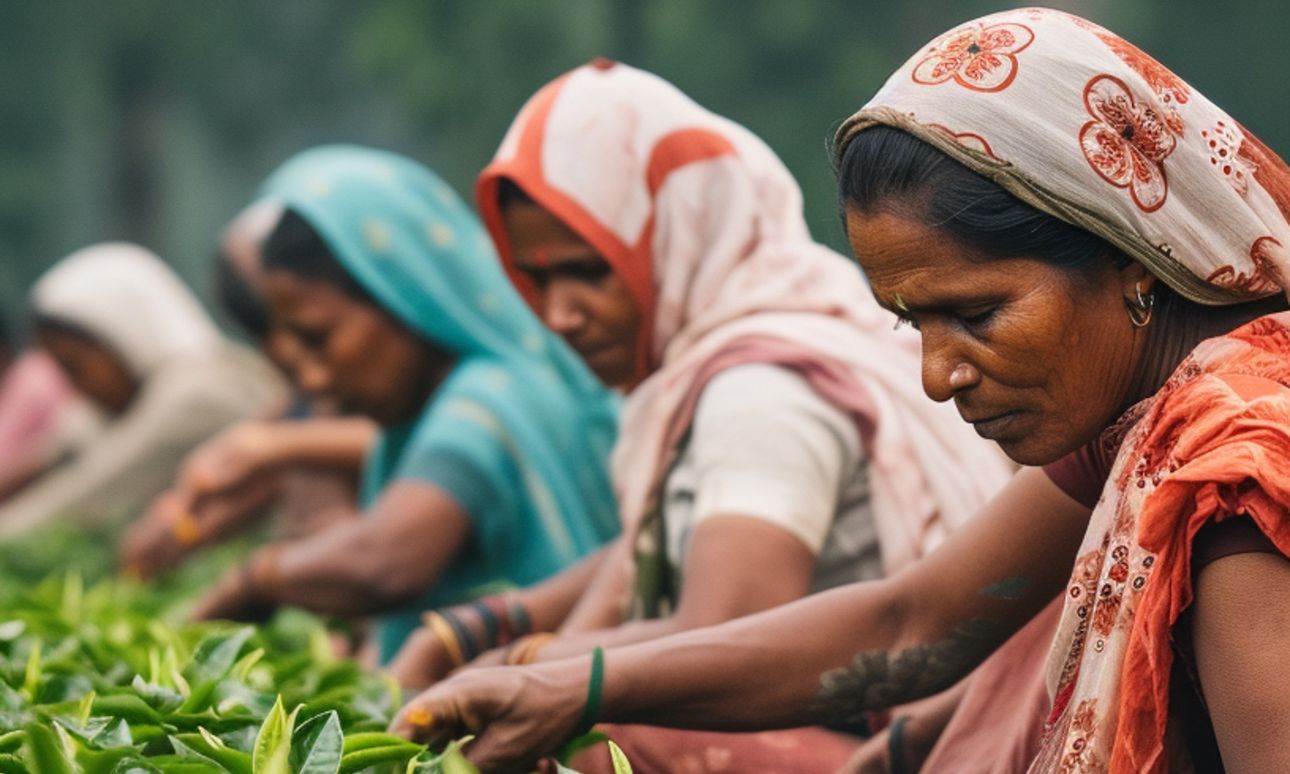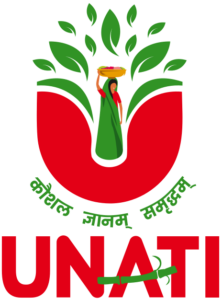In India’s vast agricultural landscape, one of the most pressing challenges isn’t just producing quality food—but delivering it to consumers in a way that uplifts the farmers, ensures affordability, and creates lasting livelihoods. The Unati Agri Allied and Marketing Multi State Cooperative Society Ltd. (UAMMCL) is addressing this challenge through a revolutionary, women-led model called Unati Behan—a grassroots-powered movement that’s transforming how rural India grows, sells, and sustains.
At its heart, the Unati Behan model is more than a supply chain. It’s a social entrepreneurship ecosystem, built by women, for families, and for Bharat.
Who is Unati Behan?
Unati Behan is a woman entrepreneur, a wellness guide, and a community leader—all rolled into one. She is trained to become a direct link between farmers and consumers, eliminating middlemen, reducing product costs, and ensuring that farmers and women both receive fair rewards.
These women operate through PACS (Primary Agricultural Cooperative Societies) or SHGs (Self Help Groups), taking customer orders, managing subscriptions, and even offering wellness services—all with the help of a custom-built mobile app.
In many ways, Unati Behan is the digital-era version of Lijjat Papad’s cooperative spirit, enhanced with technology, social impact, and scalability.

How the Model Works
Unati Behan visits families in her community with an app that shows which produce is available directly from farmers—like apples from Kashmir, guavas from Allahabad, or mangoes from Malihabad. Customers can subscribe to seasonal produce, locking in quality and price in advance.
This demand is uploaded via the app and passed through a structured digital network:
-
PACS/SHGs → State Cooperative → UAMMCL Central Database
-
Farmers can see this projected demand before the crop season begins, enabling better planning, pricing, and fulfillment.
Unlike traditional systems, this model helps match production with real-time consumer demand, and allows farmers to retain ownership of their value-added produce until it is purchased—creating trust and transparency in the supply chain.


“Unati Behan is more than a distributor—she is the face of cooperative change at the doorstep of every Indian household.”
— Mr. Vikrant Dogra, Chairman, UAMMCL
More Than Just Sales: A Hub for Wellness
The vision of Unati Behan goes beyond commerce. She is also trained to:
-
Create Swasth Kundli (health profiles) for families
-
Offer guidance on Ayurvedic diets, home remedies, and Nadi-based wellness
-
Use AI tools to recommend products or remedies
-
Distribute curated AYUSH-based health and nutrition kits
-
Refer services like DMIT (Dermatoglyphics Multiple Intelligence Test) for children, hypnotherapy, and other alternative healing methods
This fusion of wellness and enterprise positions Unati Behan not just as a seller, but as a trusted advisor and service provider in her community.
Why This Matters: The Cooperative Impact
Unati Behan is not operating in isolation. She is part of a larger cooperative structure where:
-
Farmers get assured prices and support from Primary Processors (PP)
-
Secondary processing units ensure packaging and shelf-readiness
-
PACS function as dark stores, storing inventory for final-mile delivery
-
Unati Behans act as retail nodes, operating under a commission-based, asset-light model
This system creates a circular economy where farmers are producers, women are marketers, and consumers are part of a cooperative chain—not just buyers in a broken system.
Tech-Enabled, But Human-Centric
Technology plays a crucial role in scaling the Unati Behan model:
-
A custom mobile application for order taking, payments, and delivery tracking
-
A robust ERP system to forecast demand and manage inventory
-
Digital training modules for Behans, covering wellness, product knowledge, and communication
Yet, what makes this model powerful is its human-centered approach—placing women at the forefront of a national transformation.
What Sets It Apart
-
It’s not charity—it’s commerce with a conscience.
-
It’s not MLM—it’s cooperative marketing with real ownership.
-
It’s not retail—it’s a people-first supply chain.
With a goal to become the world’s largest women-operated FMCG cooperative, the Unati Behan model is already showing results through training pilots in Punjab, JKUT, and Haryana.
“When a woman becomes an entrepreneur, she doesn’t just uplift her family—she strengthens the entire community.”
— Mr. Jyoti Saroop, Founder Director, UAMMCL
What’s Next?
UAMMCL plans to scale the Unati Behan model across India, tapping into over 8.5 lakh PACS and SHGs. With continued investments in training, digital infrastructure, and community partnerships, the future will see:
-
More trained Behans in every district
-
AI-enhanced wellness services
-
Subscription-based nutrition packages
-
And a nationwide network of cooperative-driven home delivery
Conclusion: Women as Catalysts for Change
In a world dominated by corporate supply chains and profit-first models, Unati Behan is proof that there’s another way—a way that is inclusive, transparent, and transformational.
By placing women at the center of a regenerative supply chain, UAMMCL is not only fixing gaps in agriculture and wellness—it’s redefining how economies are built from the ground up.
This isn’t just about selling apples or rice. It’s about growing leaders, restoring balance, and making Bharat self-reliant—one Unati Behan at a time.











